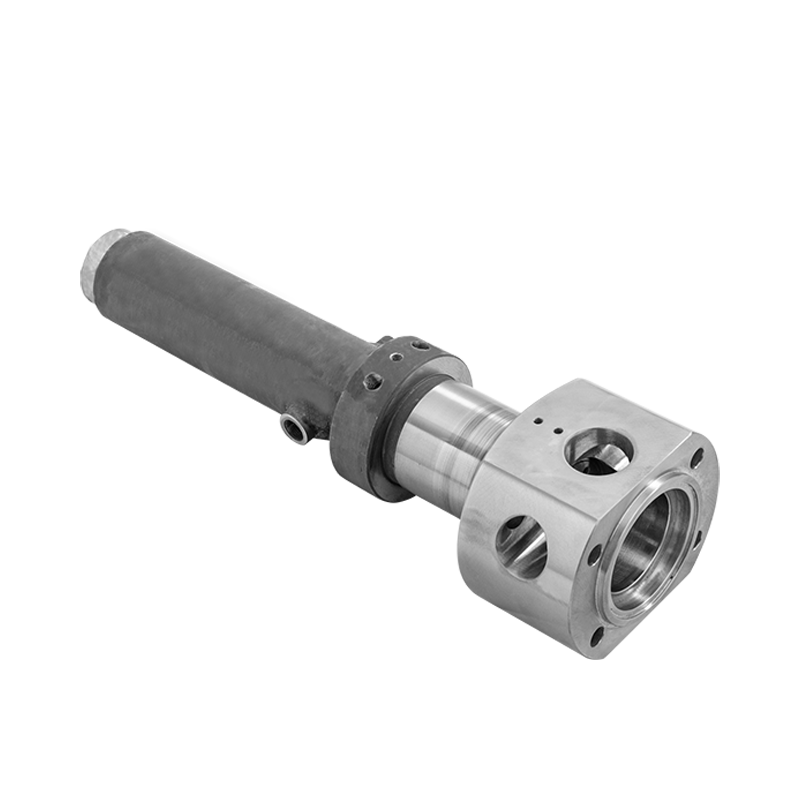We provide custom solutions to all our customers and offer complete technical advices that your company can take advantage of.
I. Energy consumption comparison
1. Heating energy consumption
Twin-screw extruder barrel: Due to its structural design and the way the material is mixed in the barrel, it may be more conducive to the uniform distribution and effective use of heat, thereby reducing heating energy consumption.
Single-screw extruder barrel: If the heating system is not advanced enough or the material is not mixed evenly in the barrel, it may cause local overheating or insufficient heating, thereby increasing energy consumption.

2. Friction and shear energy consumption
Twin-screw extruder barrel: The synchronous rotation and shearing action of the twin screws may be more efficient, helping to reduce the friction and shear energy consumption of the material in the barrel.
Single-screw extruder barrel: The flow and mixing of materials in the single-screw extruder barrel may be relatively simple, but in some cases, higher shear force may be required to achieve the ideal mixing effect, thereby increasing energy consumption.
II. Capacity comparison
1. Extrusion volume stability
Twin-screw extruder barrel: Due to the synchronous rotation and strong mixing ability of the twin screws, it can usually provide a more stable extrusion volume.
Single screw extruder barrel: The extrusion rate may be affected by the material characteristics and feeding device, resulting in relatively poor stability.
2. Material adaptability
Twin screw extruder barrel: Due to its strong mixing and conveying ability, it can usually handle a wider variety of materials, including difficult-to-process materials such as high viscosity and high filling.
Single screw extruder barrel: It may have more advantages when processing certain specific materials, but may be limited when processing complex or difficult-to-process materials.
3. Comprehensive energy efficiency ratio
Although it may be difficult to directly compare the energy efficiency ratio of single screw and twin screw extruder barrels, we can infer it from the operating efficiency of the entire extruder. In most cases, twin screw extruders may have more advantages in energy efficiency ratio due to their higher extrusion rate stability, stronger material adaptability and possibly lower energy consumption (especially when processing complex materials). However, this does not mean that single screw extruders are inferior to twin screw extruders in all cases. In specific application scenarios, such as processing low viscosity or low filling materials, single screw extruders may have higher cost performance and energy efficiency ratio.
Therefore, when selecting an extruder barrel, multiple factors such as production requirements, material properties, energy consumption and capacity should be considered comprehensively to select the most suitable extruder type.

